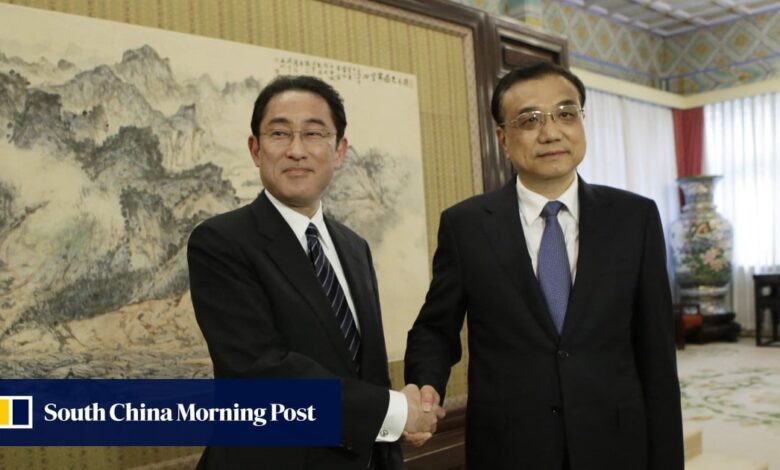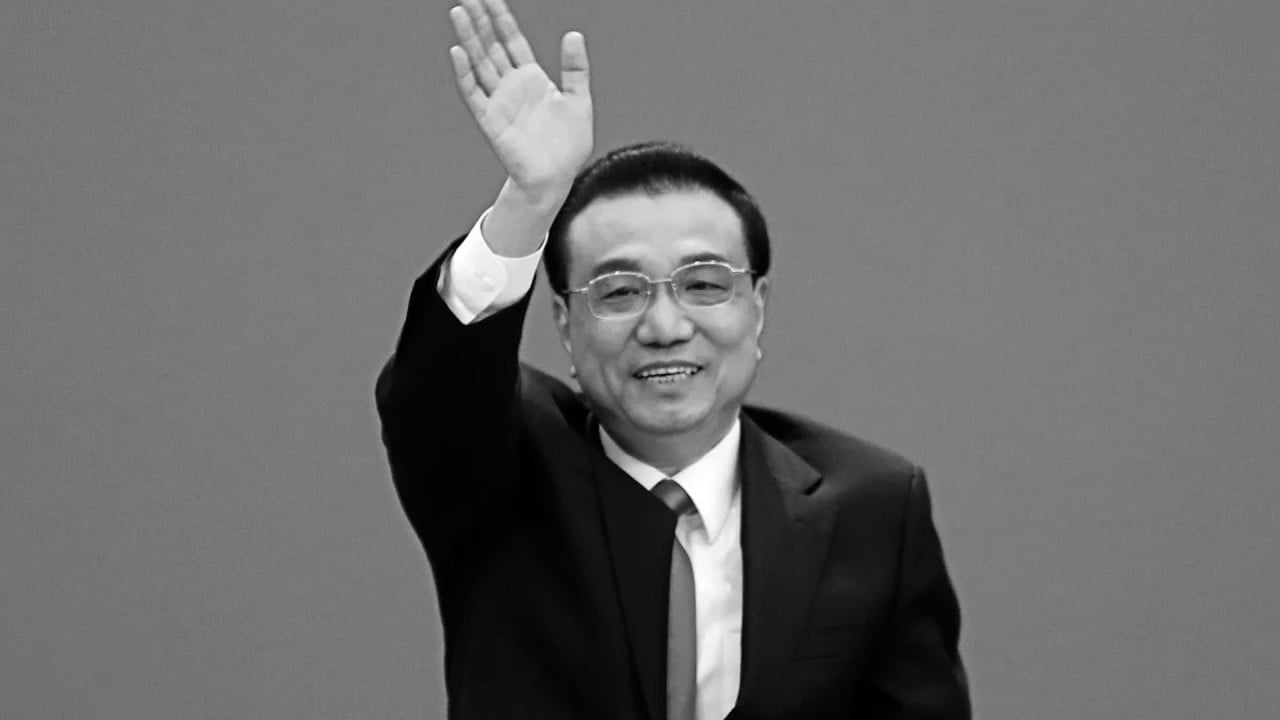Japan laments loss of China’s ex-premier Li Keqiang as go-between to mend frosty ties

[ad_1]
Kishida pointed out that Li had visited Japan in 2018 to mark the 40th anniversary of the signing of the Japan-China Treaty of Peace and Friendship, adding that Li had “long played an important role in the development of Japan-China relations”.
In a statement issued last Friday, the Japanese Chamber of Commerce and Industry in China said: “We strongly felt Li’s earnest expectations for Japan-China cooperation. We appreciate the many contributions he made toward friendship and exchanges between Japan and China, as well as economic cooperation.”
Li’s connections with Japan date back to 1985 when he visited Tokyo as a senior member of a Communist Youth League delegation, whose focus was on improving bilateral economic ties. As the top party official in Liaoning Province in the mid-2000s, Li was seen as a key political figure for top Japanese executives, with both sides discussing various business issues on a number of occasions.
Li Keqiang: in China and overseas, tributes flow for warm, capable former premier
Li Keqiang: in China and overseas, tributes flow for warm, capable former premier
On his subsequent visit to Japan in 2018, Li submitted an opinion article to the Asahi newspaper in which he wrote: “If the relationship between the two largest economic powers in Asia, of China and Japan, developed into a stable one, it would benefit not only the peoples of those two nations but would also promote world peace and stability as well as global development and prosperity.”
In another interview with the same newspaper, he mentioned Beijing’s willingness to look beyond wartime controversies plaguing ties between the two nations, saying: “The perspective we need to have is not just to see the Japanese as evil, but to think about how humanity could have been capable of committing such atrocities.”
To its disappointment, Japan noted that Li had been sidelined under Xi’s more authoritarian approach, said Stephen Nagy, a professor of international relations at Tokyo’s International Christian University.
“Li understood that the Japan-China economic relationship is one of economic co-dependency and that both sides need to work on that to sustain their growth,” he said.
Kishida to pitch Japan as China counterweight during Philippines, Malaysia trip
Kishida to pitch Japan as China counterweight during Philippines, Malaysia trip
“But over the last 11 years, that relationship has become more problematic and now we are seeing Japanese businessmen being arrested under China’s new espionage laws,” he pointed out. “That is damaging to the relationship and it has to be affecting the Chinese economy.”
“It has become more ideological under Xi and that is destabilising the economic relationship, and that is not good for either side,” he added.
Ryo Hinata-Yamaguchi, an assistant professor of international relations at the University of Tokyo, said Xi’s sidelining of Li was a source of regret for Japanese leaders. Both countries have “lost” a channel for direct communications via Li, according to Hinata-Yamaguchi.
“Japan’s leaders would really like to have a senior Chinese politician that they could speak with directly, but that is very hard because Xi’s entourage follows his directions,” he said. “I’m not optimistic that that sort of connection can be re-established in the near future.”
[ad_2]
Source link


